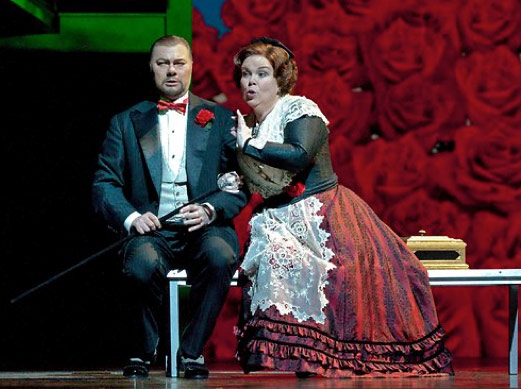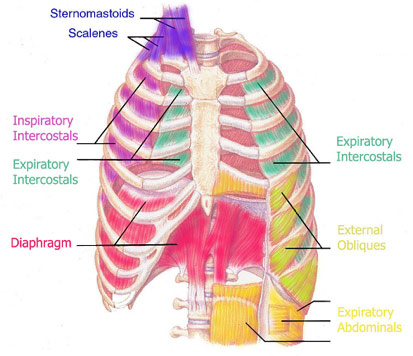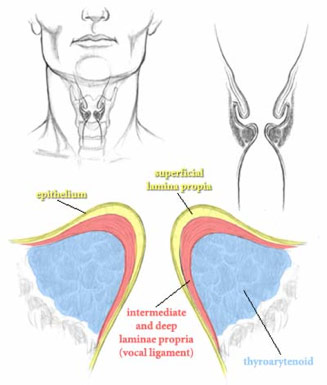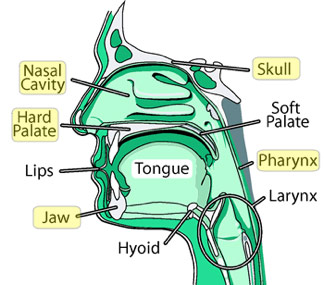- Question: How do the ingredients in e-cigarettes and vaporizers affect respiratory health? - August 16, 2019
- Bad Technique and Vocal Injury - January 9, 2019
- Is Edible Marijuana Dangerous for the Voice? Myths Dispelled - December 18, 2018
- Surprise! You have a hemorrhage - January 31, 2018
- Graves’ Disease: Treatment Overview - September 25, 2017
- Adele and the Stigma of Vocal Injury - July 11, 2017
- Vocal Curbside Consult: How does the thyroid affect the voice? - May 16, 2017
- Vocal Curbside Consult: How do hormones affect the voice? - May 3, 2017
- Vocal Curbside Consult: How do emotion and stress affect the voice? - April 17, 2017
- Vocal Curbside Consult: Vocal Recovery After Illness - April 7, 2017
 The opera world was saddened to hear that famed mezzo-soprano, Wendy White, would no longer be able to perform opera. After more than 20 years on the Metropolitan Opera stage, Ms. White’s career was ended after a fall on that very stage. During a performance, a platform upon which Ms. White stood collapsed. She fell eight feet, injuring muscles and nerves badly enough to make a return to the stage impossible for her.
The opera world was saddened to hear that famed mezzo-soprano, Wendy White, would no longer be able to perform opera. After more than 20 years on the Metropolitan Opera stage, Ms. White’s career was ended after a fall on that very stage. During a performance, a platform upon which Ms. White stood collapsed. She fell eight feet, injuring muscles and nerves badly enough to make a return to the stage impossible for her.
“She has nerve damage, and she is unable to sustain notes, and she has problems standing for long periods — all the physical requirements necessary to perform in an opera,” said a lawyer for Ms. White.
What structures can affect the voice?
Of all genres of music, opera is perhaps the one that tolerates injuries the least. Even the most minor injury of the complex mechanism of sound production can be career-ending.
Sound production for singing is extremely precise. It involves the careful coordination of three parts:



How can a fall/injury prevent a singer from singing?
An injury to any of the structures above, in any of these three areas (power, vibration, resonance), will affect sound. Some injuries may completely prevent a singer from recovering.
A fall, for example, may cause bruising and injury to the muscles of breath support as well as the ribs. This may result in an incomplete breath, or one that is not fully developed. Opera, in particular, requires exquisite breath support so that an injury may prevent the projection and stamina required of an opera performance. If the back is affected, this may result in pain when a full breath is taken.
A fall may also result in a whiplash-type injury, which puts the vocal nerves at risk for a stretch injury. A subtle injury of one vocal nerve may not affect the speaking voice but may dramatically affect the ability to raise the pitch of the voice.
Can these injuries be treated?
Many of these injuries are treatable but it is not always possible to return to a high level of performance. A similar situation may be considered for an Olympic track runner. After, for example, an Achilles tendon rupture, the runner may be able to walk and run again. However, it would be difficult for that athlete to return to an Olympic level of performance.
The same applies to a singer, as professional singing is like the “Olympics of voice use.” While the singer may be able to return to speaking, and even singing, the high performance level required of an opera career may be unattainable.
Fortunately most injuries are recoverable and other genres of music are better able to tolerate minor injuries. Most injured singers are able to rehabilitate with the help of a dedicated team of support.
Read patient stories about Dr. Reena Gupta from The Division of Voice at the Osborne Head and Neck Institute.
To learn more about the voice, click here.




